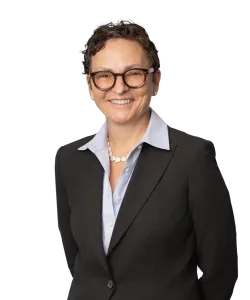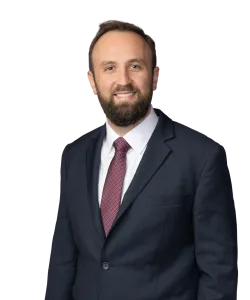Court Allows Biohaven and Yale’s Trade Secret Claims to Proceed in MODA Technology Dispute
Dr. David Spiegel, a Yale University professor, developed a new approach to targeted protein degradation using MODA technology (bi-functional synthetic molecules for degrading extracellular proteins).
Yale and Dr. Spiegel filed provisional and non-provisional patent applications for this technology in 2018 and 2019, and in January 2021, Yale entered into an agreement with Biohaven Therapeutics to develop and commercialize the MODA technology. As part of the agreement, Biohaven obtained a license to Yale’s patents and trade secrets related to the MODA technology.
In April 2019, Spiegel and Yale began discussions with RA Capital, a venture capital fund, about RA Capital funding the development of MODA technology in exchange for the assignment of the associated intellectual property to a company that would be controlled by RA Capital. Spiegel, Yale, and RA Capital entered into a Confidential Disclosure Agreement (CDA) to protect MODA-related information, but negotiations broke down in August 2019 before an agreement was reached.
The plaintiffs allege that following the breakdown between the parties, RA Capital used their confidential MODA trade secrets in violation of the CDA. The plaintiffs allege that RA Capital formed a new company (DegraderCo, later Avilar), which filed patent applications based on the allegedly misappropriated technology.
Case Information
Biohaven Therapeutics Ltd. & Yale University v. Avilar Therapeutics, Inc. & RA Capital Management GP, LLC, No. 23-328-JLH-CJB, 2025 WL 2443517 (D. Del. May 1, 2025)
Plaintiffs: Biohaven Therapeutics Ltd. and Yale University
Defendants: Avilar Therapeutics, Inc. and RA Capital Management GP, LLC
Judge: US Magistrate Judge Christopher J. Burke
Claims and Motion to Dismiss
Yale and Biohaven brought claims of misappropriation of trade secrets under the Defend Trade Secrets Act, Breach of Contract related to the CDA, and Misappropriation of Trade Secrets under the Delaware Uniform Trade Secrets Act. The defendants moved to dismiss all claims, arguing, among other things, that Biohaven, as a non-exclusive licensee, lacked standing to bring trade secrets claims.
Outcome
The court denied the defendant’s motion as to all arguments. Regarding Biohaven’s standing to maintain trade secrets claims as to the licensed MODA technology, the court took an “expansive view as to the types of people who would have a sufficient interest in a trade secret so as to permit them to bring a misappropriation suit.” While the defendant’s analogized to standing issues in patent law in support of its position, the court emphasized distinctions between patent and misappropriation claims. Specifically, the court recognized that “misappropriation of a trade secret can be reasonable understood not just [as] an intrusion on property,” like a patent infringement claim, “but also a breach of confidence.” The court concluded that Congress likely intended for “one who is a victim of that type of breach of confidence … to be permitted the legal right” to litigate a trade secret violation.
Contacts
- Related Practices







